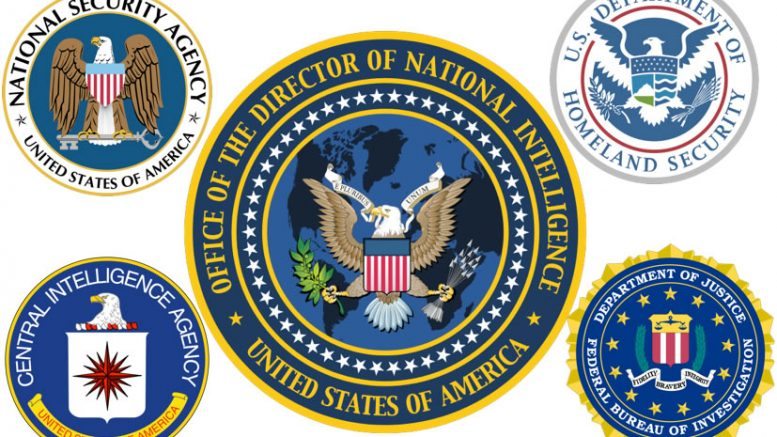|
Getting your Trinity Audio player ready... |
Whether complicit or ignorant, Congress routinely ignores intelligence overreach and abuse at the hands of hard-core Technocrats. Many whistle-blowers have been vilified and marginalized for raising alarms.

|
Getting your Trinity Audio player ready... |
Whether complicit or ignorant, Congress routinely ignores intelligence overreach and abuse at the hands of hard-core Technocrats. Many whistle-blowers have been vilified and marginalized for raising alarms.